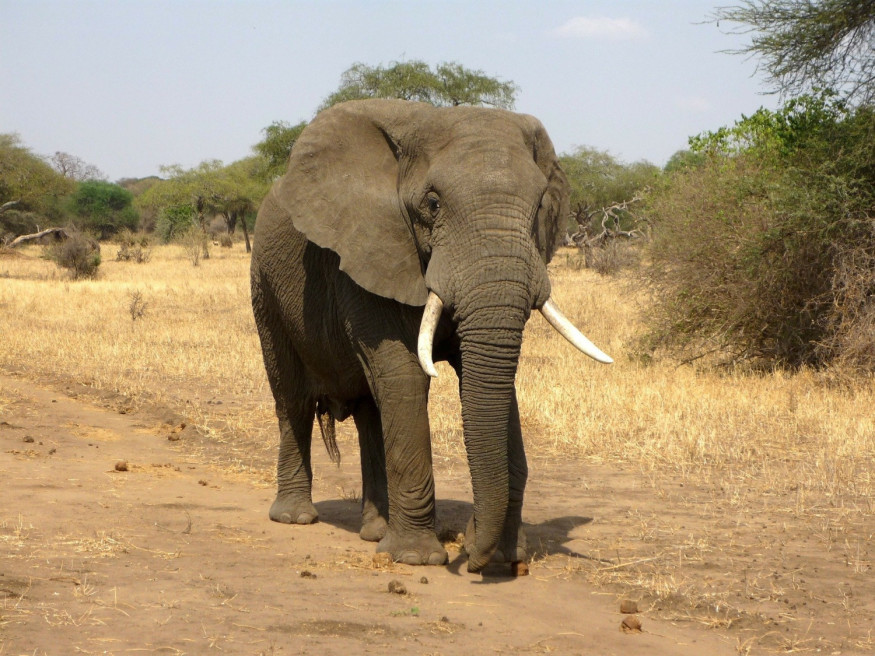Namibia, known for its vast wildlife reserves and rich biodiversity, has faced one of its worst droughts in decades. In response, the government has initiated a controversial wildlife cull, allowing hunting over 850 animals, including elephants, zebras, buffaloes, and antelopes.
This 'cruel' measure addresses the extreme drought conditions that have left animals and humans in rural areas struggling for survival.
The Namibian government has emphasized that the cull aims to provide meat for its rural population, where food and water shortages are acute due to the severe drought conditions.
Namibia's Extreme Drought

The drought has gripped Namibia and parts of southern Africa, causing water and food shortages for wildlife and local communities. The Namibian Ministry of Environment has justified the mass cull by stating that it will prevent animals from dying of thirst and reduce the risk of human-wildlife conflict, as animals are increasingly encroaching on settlements in search of water.
By culling the animals, the government believes they are alleviating pressure on dwindling resources, and the meat from these animals is being distributed to rural communities in dire need. Over 150 animals have been culled, resulting in about 57 tons of meat distributed across affected regions.
Backlash from Environmentalists
However, animal rights organizations and environmentalists are outraged by the decision. Groups like the Elephant-Human Relations Aid (EHRA) and People for the Ethical Treatment of Animals (PETA) argue that this is the largest mass cull in Namibia's history, criticizing the lack of proper environmental assessment of its long-term impact on wildlife tourism and ecosystems.
EHRA has accused the government of allowing trophy hunters to profit from the situation, raising concerns that some animals are being killed not solely for survival but for sport.
These groups have called for alternative solutions, such as improved water management or enhanced coexistence strategies between humans and wildlife. They also believe that the cull is politically motivated during an election year when Namibia's ruling party is under pressure to maintain its rural voter base.
As Namibia battles this severe drought, the debate over the ethical and environmental impact of the cull continues, highlighting the broader challenge of balancing human needs and wildlife conservation in the face of extreme climate events.
Related Article : Pigeon Culling Underway in German Town as Locals Vote for Eradication of the 'Sky Rats'
© 2025 NatureWorldNews.com All rights reserved. Do not reproduce without permission.





